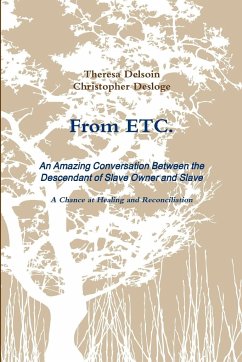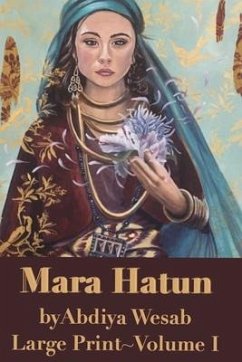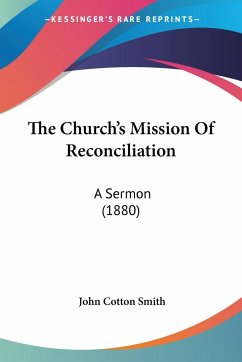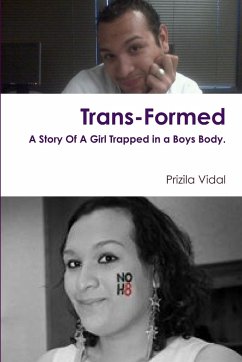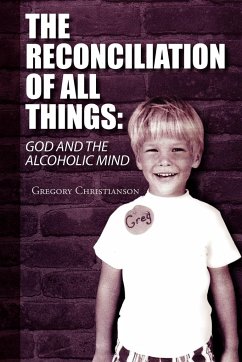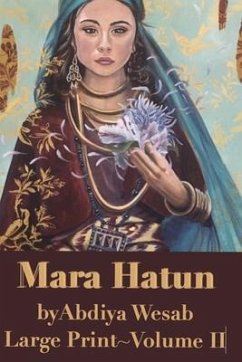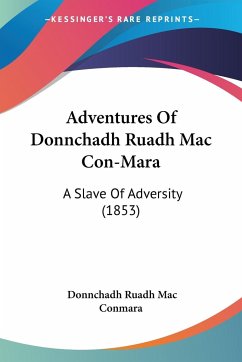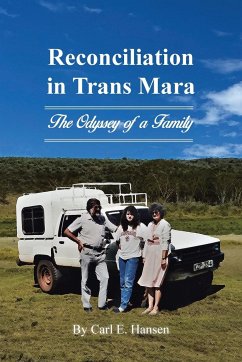
Reconciliation in Trans Mara
The Odyssey of a Family
Versandkostenfrei!
Versandfertig in 1-2 Wochen
26,99 €
inkl. MwSt.
Weitere Ausgaben:

PAYBACK Punkte
13 °P sammeln!
Accompanied by their two youngest teenage daughters, the author and his companion leave behind a comfortable life in Canada and move to Kenya. They make their home in Ogwedhi, a village on the boundary between South Nyanza and the Trans Mara Region of Rift Valley Province. Where a bloody massacre had left hatred and distrust between the Maasai and their Luo and Kisii neighbors, this couple takes up the challenge of directing a comprehensive project designed to bring peace and reconciliation through wholistic community development. Their successful efforts at bringing together former "enemy" tr...
Accompanied by their two youngest teenage daughters, the author and his companion leave behind a comfortable life in Canada and move to Kenya. They make their home in Ogwedhi, a village on the boundary between South Nyanza and the Trans Mara Region of Rift Valley Province. Where a bloody massacre had left hatred and distrust between the Maasai and their Luo and Kisii neighbors, this couple takes up the challenge of directing a comprehensive project designed to bring peace and reconciliation through wholistic community development. Their successful efforts at bringing together former "enemy" tribes comes at a personal cost to their own family. Separated, feeling abandoned, their two eldest daughters must remain in college in the USA, while the two younger ones face the loneliness of being confined to boarding at the Rift Valley Academy. This story is unusual in that this missionary intervention was initiated by the local Maasai leadership, not a foreign "sending" agency. The nomadic Maasai elders invited the Kenya Mennonite neighbors to recruit a missionary to assist them in leaving their nomadic way of life and adapting to more modern sedentary living. The elders specified five objectives for their project: "We want primary schools for our children, a clinic for our sick, a church for our spiritual needs, animal husbandry to improve our cattle, and agricultural development since we will become farmers." The Ogwedhi-Sigawa Community Development Project (OSP) became a model for such intervention. The lasting result was a radical transformation of the community, including the planting of an indigenous Maasai church. The project was launched in 1979. The events of this story took place from 1985 to 1991.





